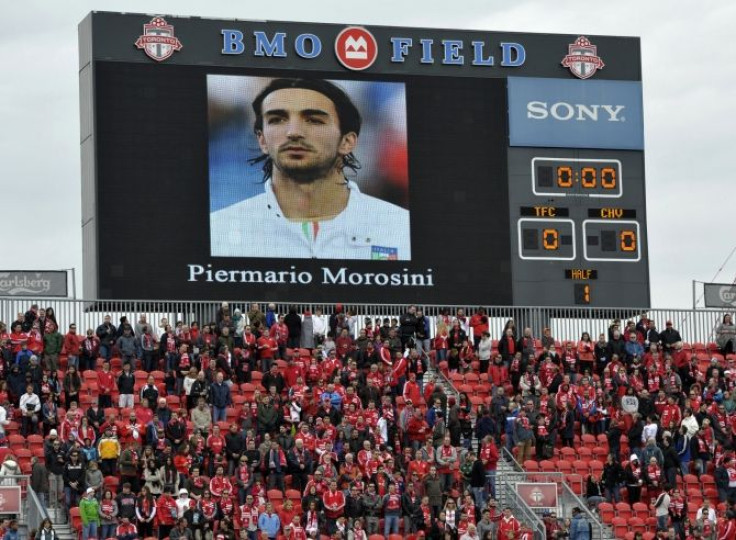New Screening Methods for Sudden Death in Athletes

This past spring, there has been a rise in sudden death in athletes across the world from British runner Claire Squires, to Italian footballer Piermario Morosini and Norwegian Olympic swimmer Alexander Dale Oen. In light of these unexpected occurrences, new research may suggest screenings to assist in identifying heart problems in young athletes.
Physicians at The Cincinnati Children’s Hospital Medical Center, proposes adding a modified echocardiography (ECHO), along with the current electrocardiography (EKG) for physical exams for athletes.
Since November 2011, lead investigator and physician at The Cincinnati Children’s Hospital Medical Center Michelle Grenier conducted a study that comprise of 85 teen athletes for a screening that included a questionnaire, physical exam, EKG and a 15-image modified ECHO exam.
Any ECHO exam, which came back abnormal, was followed-up with a cardiologist, who was not involved in the study. Although 10 of the participants had normal health history and physical exams, their ECHO results returned as abnormal, and were sent for further analysis.
While the EKG only translates the heart’s electrical activity into line tracings on a paper, the ECHO uses sound waves to produce an image of the heart. This allows doctors to observe the beating and pumping of the blood.
According to Grenier, “EKG is a good tool, but may not be sensitive enough to catch problems that could lead to sudden death."
It was discovered that the amount of participants with asymptomatic, congenital heart disease was higher than anticipated, but the rate of cardiomyopathy, which is the main cause of sudden death in athletes “is probably closer to the published rate.” Those who exams returned abnormal, researchers found no additional problems.
With the increasing concern of sudden deaths in athletes, Grenier's main objective was to present useful information to physicians to better aid athletes and their families.
“The cost effectiveness and impact on reducing the rate of sudden cardiac death aren’t yet known, but the impact on quality of life in reassurance of cardiac health during exercise is priceless,” she said.
The study was presented at the annual meeting of the American Society of Echocardiography.



























